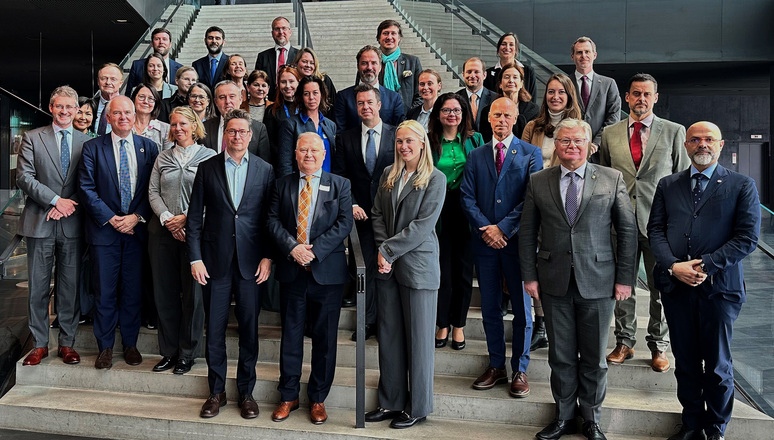The meeting in Reykjavik highlighted the importance of cooperation and coordination among Allied countries in addressing the security implications of climate change. The participants discussed recent developments, such as the weaponisation of energy in Russia’s war against Ukraine, and emphasized the need to avoid creating strategic dependencies on potential adversaries for critical minerals. This meeting marked the first step in a series of gatherings that will aim to enhance collaboration between national stakeholders and strengthen the coordination efforts to tackle climate change.
The Minister of Foreign Affairs of Iceland, Thórdís Kolbrún R. Gylfadóttir, opened the event and set the stage for discussions on how to better understand and adapt to the impact of climate change on security. The Allies’ commitment to addressing these issues together was evident in the discussions that took place during the meeting. By coming together to address these challenges, the participants demonstrated their dedication to finding solutions to the security threats posed by climate change and its implications.
NATO has been actively working on addressing the security implications of climate change since the adoption of its Action Plan in 2021. The organization has been focusing on three main areas of action: understanding and mitigating the impact of climate change on security, adapting its militaries to maintain effectiveness in various environments, and enhancing coordination between national stakeholders. The meeting in Reykjavik was a continuation of NATO’s efforts to address these issues and further strengthen the cooperation among Allied countries.
Moving forward, the participants at the meeting will continue to meet on a regular basis to further enhance coordination and collaboration in addressing the security implications of climate change. By working together and sharing knowledge and resources, the Allied countries aim to create a more resilient and secure environment in the face of climate change challenges. The meeting in Reykjavik served as a starting point for ongoing discussions and actions that will contribute to a more coordinated and effective response to the security threats posed by climate change.









